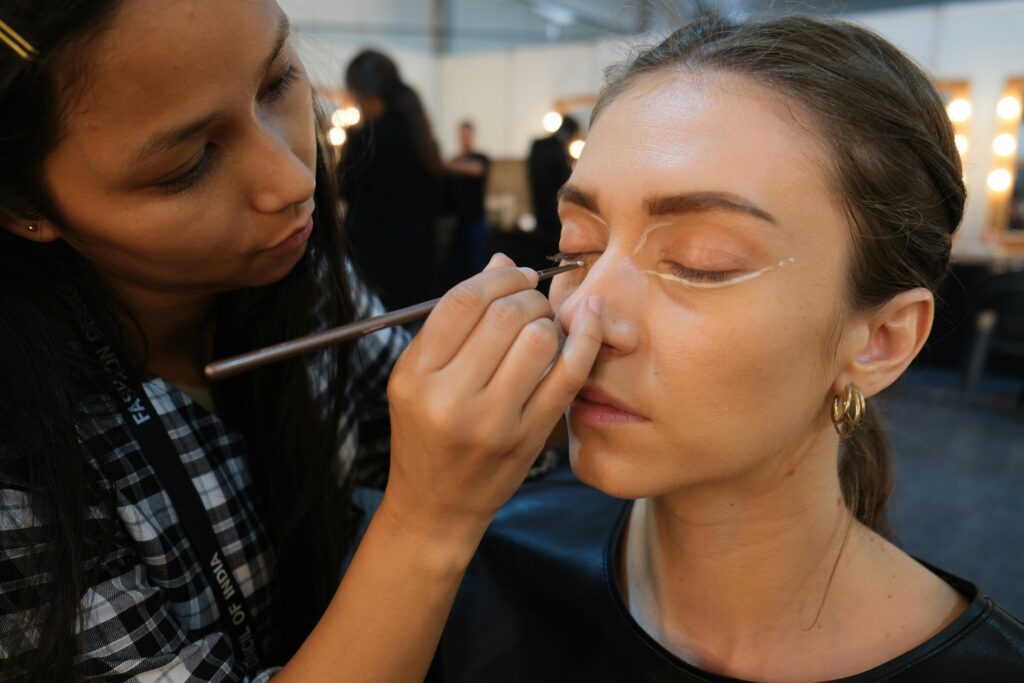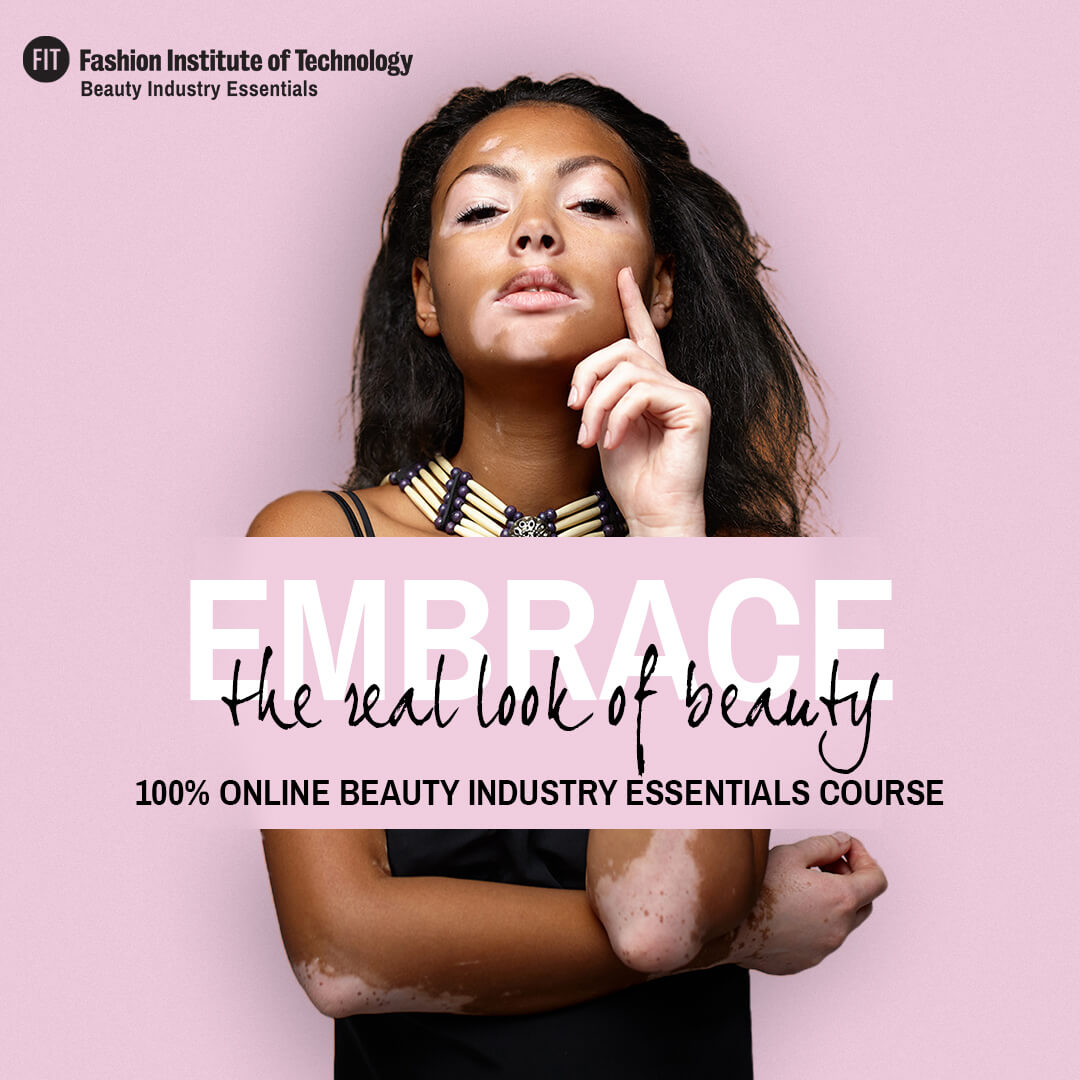Starting a makeup brand is an exciting venture that requires a combination of creativity, business acumen, and industry knowledge. In a competitive market saturated with established beauty brands, launching a successful makeup brand requires careful planning, innovative product development, effective marketing strategies, and a deep understanding of consumer preferences.
In this comprehensive guide, we will explore the essential steps and considerations for starting a makeup brand startup and positioning it for success in the beauty industry.
1. Market Research and Analysis
Before diving into the world of makeup brand startups, conducting thorough market research is crucial. Understanding the current trends, consumer preferences, competitive landscape, and gaps in the market will provide valuable insights for developing a unique value proposition and positioning your brand effectively.
2. Identifying Your Niche and Target Audience
Differentiating your makeup brand startup from competitors is essential for success. Define your niche within the beauty market, whether it’s clean beauty, inclusive shades, vegan products, or innovative formulations.
Identifying your target audience and understanding their needs, preferences, and pain points will help tailor your products and marketing strategies to resonate with potential customers.
3. Developing a Unique Brand Identity
Creating a strong brand identity is key to standing out in the crowded beauty industry. Define your brand’s mission, values, aesthetic, and tone of voice to establish a cohesive and memorable brand image. Your brand identity should reflect your target audience’s aspirations and align with the values that matter to them.
4. Product Development and Formulation
One of the most critical aspects of a makeup brand startup is developing high-quality and innovative products that meet the needs and expectations of your target audience. Invest in product research and development to create unique formulations, textures, colors, and packaging that set your brand apart from competitors.
5. Building a Strong Online Presence
In today’s digital age, a robust online presence is essential for reaching and engaging with consumers. Create a professional website, establish a presence on social media platforms frequented by your target audience, and leverage digital marketing strategies such as influencer collaborations, content marketing, and email campaigns to build brand awareness and drive traffic to your online store.
6. Effective Marketing and Brand Promotion
Developing a comprehensive marketing strategy is essential for promoting your makeup brand startup and attracting customers. Utilize a mix of online and offline marketing channels, including social media advertising, influencer partnerships, PR campaigns, and pop-up events to generate buzz around your brand and products.
7. E-Commerce and Distribution Strategy
Deciding on the right distribution channels for your makeup brand startup is crucial for reaching your target audience. Whether you choose to sell exclusively online through your e-commerce store, partner with retailers, or explore a direct-to-consumer model, ensure that your distribution strategy aligns with your brand positioning and customer preferences.
8. Customer Experience and Feedback
Creating a positive customer experience is key to building brand loyalty and driving repeat purchases. Provide excellent customer service, listen to customer feedback, and continuously improve your products and services based on customer insights. Encourage customer reviews and testimonials to build trust and credibility with potential customers.
9. Financial Planning and Budgeting
Launching a makeup brand startup requires careful financial planning to ensure sustainable growth and profitability. Develop a detailed business plan outlining your budget, pricing strategy, revenue projections, and expenses. Consider factors such as product manufacturing costs, marketing expenses, and operational overhead to create a realistic financial roadmap for your business.
10. Adapting to Industry Trends and Innovations
The beauty industry is constantly evolving, with new trends, technologies, and consumer preferences shaping the market landscape. Stay informed about industry trends, innovations, and emerging technologies to adapt your products, marketing strategies, and brand positioning to meet the evolving needs of consumers and stay ahead of the competition.
Conclusion
Starting a makeup brand is a challenging yet rewarding journey that requires passion, perseverance, and a strategic approach to building a successful beauty brand. By following these essential steps and considerations for launching a makeup brand startup, you can position your brand for success and carve out a unique space in the competitive beauty industry.
Key Takeaways:
- Conduct thorough market research to understand beauty trends, customer needs, and gaps in the market.
- Define your niche and target audience—e.g., clean beauty, vegan products, or inclusive ranges—to stand out and resonate with consumers.
- Develop a strong brand identity that reflects your mission, values, and aesthetics to build a memorable presence.
- Focus on product innovation and quality, including unique formulations, appealing packaging, and high-performance ingredients.
- Build a solid online presence with a professional website, active social media, and digital marketing strategies.
- Promote your brand effectively through influencer partnerships, PR, social ads, and events to generate buzz.
- Choose the right distribution model—e-commerce, retail partnerships, or direct-to-consumer—based on your audience and brand goals.
- Prioritise customer experience by offering excellent service, gathering feedback, and encouraging reviews to build loyalty.
- Plan your finances carefully, covering budgeting, pricing, revenue forecasts, and managing operational costs.
- Stay adaptable to industry trends by keeping up with innovations and shifting consumer preferences to remain competitive.
Elevate your skills with the FIT Beauty Industry Essentials online course and certificate program offered by Yellowbrick.








